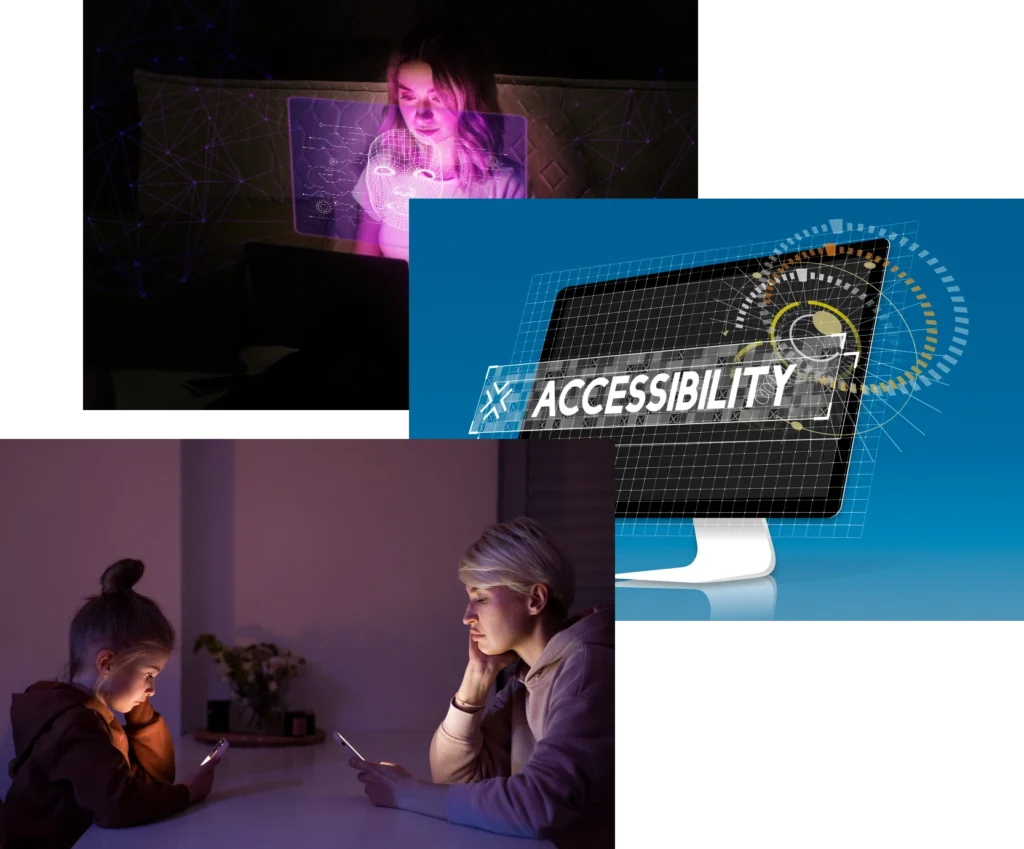Hardware Testing Services
Ensure Hardware Reliability, Functionality & Performance

What We Offer

Functional Testing

Stress and Load Testing

Compatibility Testing

Firmware Testing

Performance Benchmarking
Why Hardware Testing Matters
Supports Scalability
Identify limits and optimize performance as your usage scales.
Reduces Product Failures
Prevent costly recalls and returns by identifying defects early.
Ensures User Safety
Detect hardware issues that could pose risks to user safety.
Boosts Market Readiness
Certify your product against regulatory and industry standards.
Improves Brand Reputation
Deliver high-quality and reliable products that users can trust.
Our Key Features
Feature
Benefit
Real-World Simulation
Test devices in operational environments
Automated Test Rigs
Speed up high-volume hardware validation
Cross-Platform Integration
Ensure smooth hardware-software interoperability
IoT & Embedded Systems Support
Special expertise for connected smart devices
Power Consumption Analysis
Optimize battery life and thermal output
Compliance Verification
Meet CE, FCC, RoHS, and ISO standards
Who Needs Hardware Testing?

Consumer Electronics Brands
Ensure your phones, laptops, wearables, or smart appliances are durable and bug-free.

Automotive & Industrial Manufacturers
Test embedded systems and critical components under harsh conditions.

Medical Device Companies
Validate life-critical devices for safety, reliability, and compliance.

IoT Product Developers
Ensure your smart gadgets perform seamlessly with apps, sensors, and the cloud.
Build Trust With Fault-Free Hardware
Our hardware testing services help you reduce downtime, improve durability, and ensure a consistent user experience.
Make your hardware as resilient as your software

Frequently Asked Questions
Our hardware testing services help you reduce downtime, improve durability, and ensure a consistent user experience.
We test a wide range of hardware components including consumer electronics, IoT devices, embedded systems, medical equipment, and industrial machinery. Our testing covers physical durability, firmware functionality, performance, and compatibility.
We use environmental chambers, vibration testers, power fluctuation setups, and temperature stress rigs to simulate real-life conditions like heat, cold, moisture, voltage spikes, and continuous usage scenarios. This helps identify hardware weaknesses before market release.
Even if hardware functions well on its own, it must work seamlessly with the software it supports. Compatibility testing ensures your hardware communicates correctly with various OS versions, drivers, and third-party software—avoiding glitches and failures.
